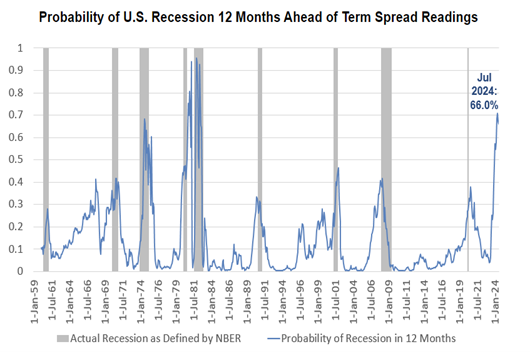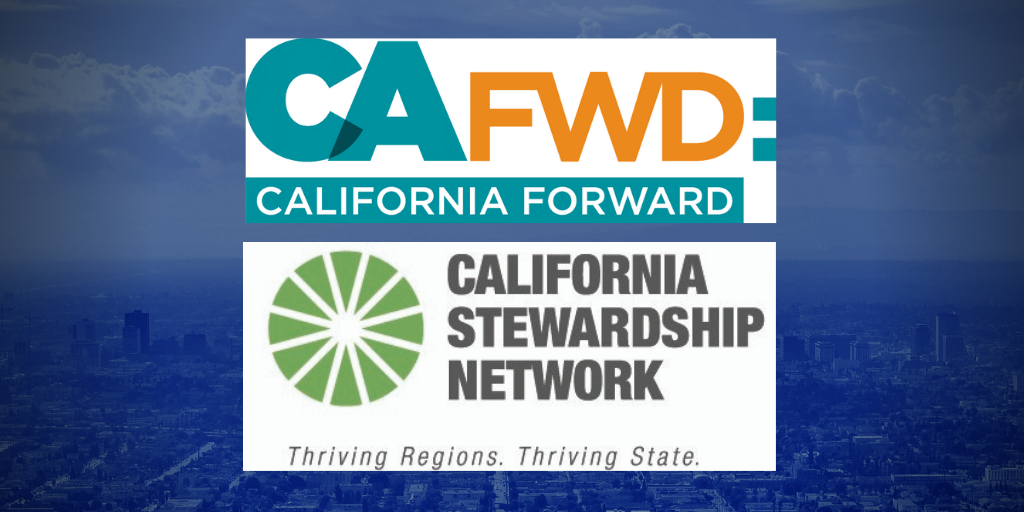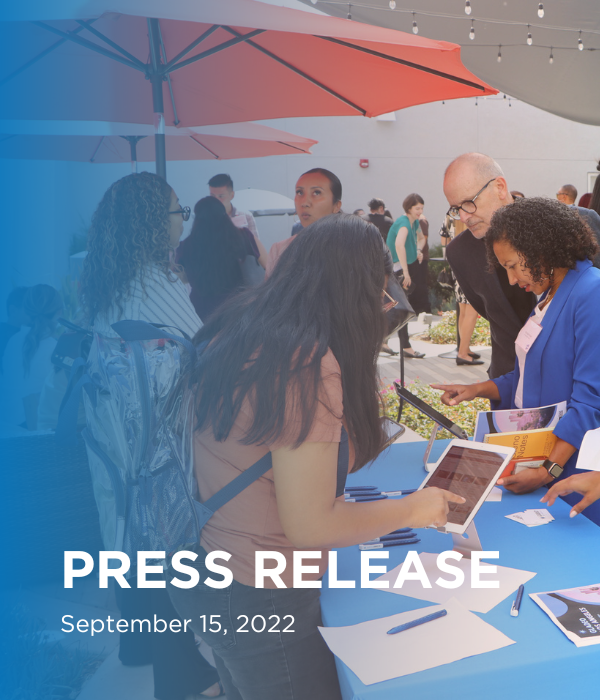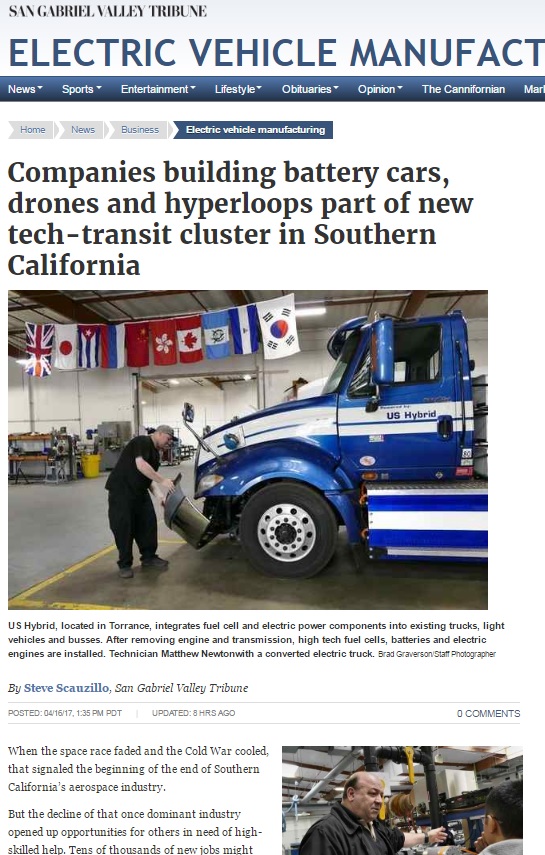From the Office of The James Irvine Foundation


Work training a critical opportunity for wildfire rebuilding efforts
The Irvine Foundation recently sponsored LAEDC’s 2025 Economic Forecast as part of its commitment to partnering across sectors to understand and address community needs. This is particularly relevant as L.A. County works to build a more resilient, equitable economy after the devasting fires in L.A. County.
The fires destroyed homes and infrastructure as well as the livelihoods of residents, including domestic workers and those working outdoors (street vendors, landscapers, construction workers, etc.). The LAEDC’s February wildfire report estimated a staggering 25,000-49,110 in lost job-years and as much as $3.7 billion in lost labor income.
L.A. is facing multiple, pressing needs: supporting low-wage workers and smaller businesses affected by the fires, the hazards of cleanup, and long-term challenges of attracting and training the workers needed for rebuilding.
The Irvine Foundation has seen and supported community efforts, apprenticeship programs, and cross-sector partnerships that put the needs and priorities of low-wage workers are put at the center of economic growth and/or training the workforce.
Irvine’s singular goal is a California where all low-income workers have the power to advance economically. We have supported community engagement that leads to effective and sustainable solutions, and a greater capacity to withstand economic or environmental challenges. The foundation has made grants to leaders and organizations working to ensure that no one gets left out and behind in the economy.
Following the L.A. fires, many low-income communities are grappling with lost income, health risks, and the destruction of their work environments. The enormous task of rebuilding puts pressure on both public- and private-sector leaders.
A March report – by the Urban Land Institute and academic partners – estimated that it could take 4.5 years to rebuild all the homes and structures lost to the fires. This will require tens of thousands of construction workers plus labor from supporting industries. But 25% shortages in residential construction workers mean the region will have to draw on outside labor and/or commercial construction – and the county will see significant inflation in labor rates.
Rebuilding will exacerbate gaps in training and the workforce that existed before the fires. But will it also create opportunities to prioritize training for career, not just individual jobs, and to tap overlooked talent pools. There are nonprofit training programs doing this in the region, including:
- The Coalition for Responsible Community Development is building inclusive pathways into registered union apprenticeship in infrastructure and construction for young adults in South L.A.
- Women in Non-Traditional Employment Roles (WINTER) trains women in the county to enter construction careers.
- The Anti-Recidivism Coalition (ARC) connects formerly incarcerated workers with registered pre-apprenticeships for the L.A. building trades.
- The Forestry Fire and Recruitment Program has gotten national attention for training and employing Californians who are currently or formerly incarcerated in fighting and preventing fires. (These firefighters are paid less per day than the state’s minimum wage for one hour and face barriers to firefighting jobs after serving their time, although the LA County Board of Supervisors passed a motion to try and address that.)
Training initiatives should begin for rebuilding now, according to the LAEDC’s wildfire report . Employers, workforce development entities, education, the public sector, philanthropy, and nonprofits will all play critical roles to train an expanded workforce for greater resiliency and shared prosperity.
The Irvine Foundation looks forward to further conversations on this topic driven by LAEDC and others — and welcomes collaboration with business and workforce organizations on what they are learning or doing to advance low-wage workers.





Responses